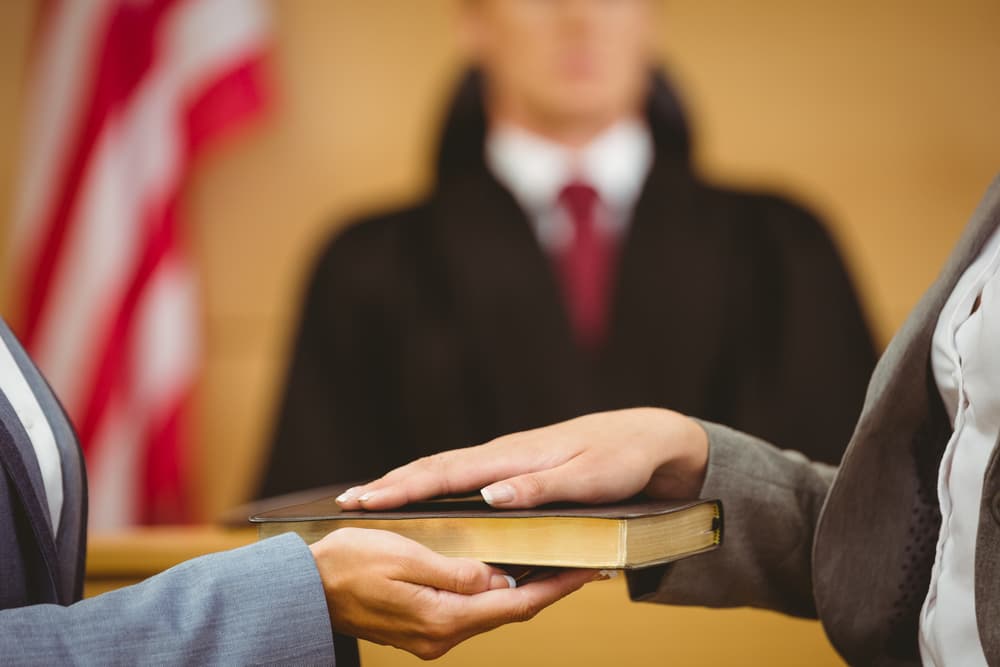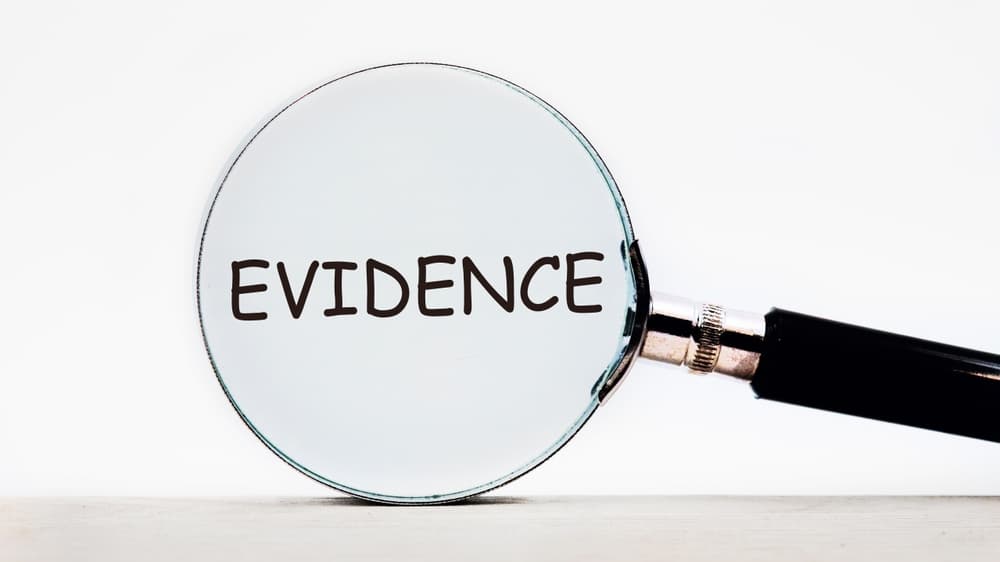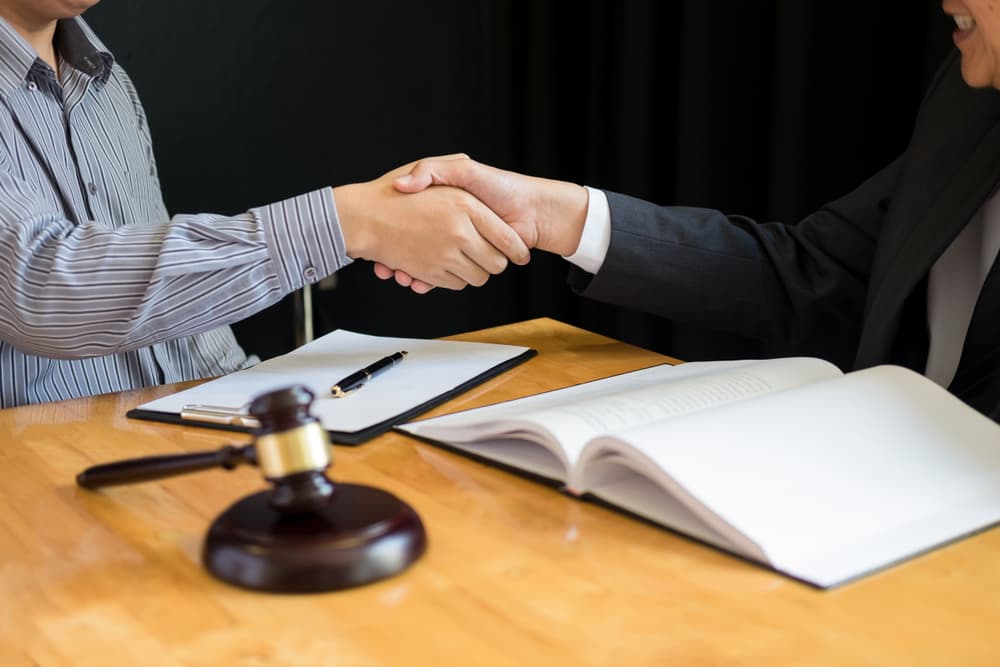A character witness in a criminal case testifies about the accused’s (defendant’s) personality, behavior, and moral character. Their role is to provide information on whether the defendant is generally a good person and how they usually act in everyday situations.
This testimony can help the judge or jury understand the defendant’s background and character, which may influence their judgment on the defendant’s guilt or innocence. Character witnesses usually know the defendant personally and provide insight into their reputation and conduct.
If you are facing a criminal charge, it is important to contact a knowledgeable criminal defense attorney as soon as possible. A skilled lawyer may call one or more character witnesses to testify at trial to support your case.
Types of Defense Witnesses in a Criminal Case

In a criminal case, the defense often calls various witnesses to help establish the defendant’s innocence or create reasonable doubt. Consulting with a skilled criminal defense lawyer can help in selecting the most effective witnesses.
- One key type is the character witness. These individuals testify about the defendant’s personality, reputation, and overall character, suggesting the accused is unlikely to have committed the alleged crime.
- Expert witnesses are another important category. These individuals possess specialized knowledge in areas like forensic science, psychology, or medicine. They can challenge the prosecution’s evidence or provide alternative explanations for the alleged offense. For example, a forensic expert may dispute the accuracy of DNA evidence, or a psychologist may testify about the defendant’s mental state.
- Eyewitnesses who can account for the defendant’s whereabouts at the time of the alleged offense or those who saw someone else commit the offense are also crucial. Their testimony can establish alibis or cast doubt on the prosecution’s version of events.
- Lastly, fact witnesses provide testimony about specific events or interactions relevant to the case. They may recount conversations, describe behavior, or offer insights into the alleged crime's circumstances.
Each type of witness plays a vital role in building a comprehensive defense, aiming to present a complete picture that supports the defendant’s innocence or raises significant doubts about their guilt.
Who are the Best Character Witnesses in a Criminal Case?
In a criminal case, the best character witnesses can provide credible, detailed, and positive testimony about the defendant’s character. Here’s a look at who these witnesses may be and why they are effective:
- Family Members – Close family members, such as parents, siblings, or spouses, often know the defendant better than anyone else. They can speak to the defendant’s upbringing, values, and everyday behavior. While their testimony can be compelling, it can also be viewed as biased due to their close relationship. Nonetheless, their intimate knowledge of the defendant can offer valuable insights into their character.
- Friends – Longtime friends can also testify about the defendant’s character over many years. They can provide examples of the defendant’s honesty, kindness, and reliability. Because friends are not as closely related as family, their testimony may be perceived as more objective, adding weight to their words.
- Employers or Co-workers – Employers or coworkers can vouch for the defendant’s behavior in a professional setting. They can talk about the defendant’s work ethic, integrity, and interactions with colleagues. Such testimony can be particularly persuasive because it comes from a less personal but still closely acquainted perspective, demonstrating the defendant’s responsible and trustworthy nature in a structured environment.
- Community Leaders – Respected figures in the community, such as religious leaders, coaches, or mentors, can provide powerful character testimony. Their positions often carry inherent credibility, and their observations of the defendant’s involvement in community activities can highlight positive traits like leadership, volunteerism, and good citizenship.
- Teachers or Educators – Teachers or professors who have known the defendant as a student can offer testimony about their academic dedication, behavior in school, and interactions with peers. This type of witness can illustrate the defendant’s commitment to personal growth and education.
- Law Enforcement or Public Officials – In some cases, character references from law enforcement officers or public officials who know the defendant personally can be very influential. Their testimony can carry significant weight due to their authority and the public trust in their judgment.
The key to being an effective character witness is credibility. Witnesses should have a direct, long-term, and positive relationship with the defendant. Their testimony should include specific examples of the defendant’s good behavior and character. The more detailed and sincere their accounts, the more persuasive their testimony will be to the judge or jury, potentially influencing the case’s outcome in a favorable direction for the defendant.
Evidence Rules that May Apply to Character Witnesses in Court

In a criminal court case, character witnesses can play a crucial role, but their testimony is subject to strict evidence rules. Here are some of the key rules that apply:
- Relevance — A character witness's testimony must be relevant to the case. This means that the information they provide should directly relate to the defendant’s character traits pertinent to the charges. For example, if the defendant is charged with theft, the witness may testify about the defendant’s honesty.
- Reputation and Opinion – Character witnesses can testify about the defendant’s reputation or give their opinion on the defendant’s character. They can say what they know about the defendant’s behavior in the community or their personal beliefs about the defendant’s integrity, kindness, or other traits.
- Specific Instances – Generally, character witnesses are not allowed to testify about specific instances of behavior unless the opposing side directly questions them. This rule helps to ensure that the testimony remains focused on overall character rather than isolated events. However, if the prosecution challenges the witness’s testimony, they may bring up specific instances to try to undermine the witness’s credibility.
- Hearsay Rule – Hearsay, which is an out-of-court statement by someone other than the witness testifying, is typically not admissible in court. However, numerous exceptions exist, such as when a character witness speaks about the defendant’s reputation, which is considered an exception to the hearsay rule.
- Bias and Credibility – The opposing side can question the character witness to reveal any potential bias or reasons they may not be entirely objective. For instance, if the witness is a close friend or family member of the accused, this fact may be used to argue that their testimony is biased.
- Prosecution’s Rebuttal – If the defense introduces character witnesses, the prosecution is allowed to call its own witnesses to rebut the positive character evidence. This means the prosecution can introduce witnesses who may testify that the defendant’s character is not as favorable as portrayed.
- Limits on Testimony – The judge has the authority to limit or exclude character testimony if it is deemed more prejudicial than probative. This means that if the testimony may unfairly sway the jury more than it provides useful information, the judge can decide to limit its use.
Understanding these rules helps ensure that character witness testimony is both effective and admissible in court, providing a fair opportunity to present a comprehensive view of the defendant’s character. A skilled criminal defense lawyer can navigate these rules to maximize the impact of character witness testimony.
What Role Does a Character Witness Play in a Criminal Case?
A character witness plays a crucial role in a criminal case by providing testimony about the defendant’s personality, behavior, and moral character. Their testimony can influence the judge or jury’s perception of the defendant, potentially affecting the outcome of the trial.
- First, a character witness is typically someone who knows the defendant well and can testify to the defendant’s good character traits, such as honesty, integrity, kindness, and reliability. This testimony aims to show that the defendant is a good person who is unlikely to have committed the crime they are accused of.
- During trial, the defense attorney will call the character witness to the stand. The witness will then answer questions about their relationship with the defendant and provide specific examples of the defendant’s good behavior. For instance, a coworker might testify that the defendant is always punctual, hardworking, and trustworthy. A neighbor may speak about the defendant’s helpfulness and involvement in community activities. These positive accounts can help create a favorable image of the defendant in the minds of the judge or jury.
- The character witness’s testimony can be particularly important in cases where the evidence is not clear-cut. If the jury is unsure about the defendant’s guilt, hearing from a character witness who vouches for the defendant’s good character can sway their decision. It can create reasonable doubt, making the jury less likely to convict the defendant.
- In some cases, character witnesses are also used during the sentencing phase if the defendant is found guilty of the underlying charge(s). Here, their testimony can help the judge decide on a more lenient sentence. For example, if a defendant is convicted of a crime, a character witness may testify about the defendant’s positive contributions to society and potential for rehabilitation. This can encourage the judge to impose a lighter sentence, such as probation, instead of prison time.
- However, the prosecution may also cross-examine the character witness. They may try to discredit the witness or bring up instances where the defendant’s behavior was not exemplary. This can potentially weaken the effect of the character testimony. Therefore, the defense needs to choose credible and reliable character witnesses.
The effectiveness of a character witness depends on their credibility and the persuasiveness of their testimony, which can be a critical factor in the trial’s outcome.
What Can Happen at Trial if a Character Witness Makes a Favorable Presentation?
When a character witness makes a favorable presentation at trial, it can significantly affect the case’s outcome. Here’s what can happen:
- Influence on the Jury or Judge – A strong character witness can sway the opinions of the jury or judge by painting the defendant in a positive light. Their testimony can humanize the defendant, making it harder for the jury to believe the person they describe would commit the crime. This positive impression can create reasonable doubt, which is crucial for the defense.
- Establishing Reasonable Doubt – In criminal trials, the prosecution must prove the defendant’s guilt beyond a reasonable doubt. A favorable character witness can introduce doubt by suggesting that the defendant’s known behavior and character are inconsistent with the alleged crime. For example, if the defendant is accused of theft but has a solid reputation for honesty, the jury may question the validity of the charges.
- Mitigating Circumstances – If the defendant is found guilty, a character witness’s favorable testimony can still play a crucial role during the sentencing phase. The judge may consider the positive aspects of the defendant’s character when determining the sentence. This may lead to a more lenient punishment, such as probation instead of jail time, or a shorter sentence than what may have otherwise been imposed.
- Emotional Appeal – A character witness who speaks genuinely and emotionally about the defendant can create a strong emotional appeal. This can resonate with the jury on a personal level, making them more empathetic towards the defendant. Emotional connections can be powerful in influencing a jury’s decision.
- Countering Negative Evidence – If the prosecution presents evidence that portrays the defendant in a negative light, a favorable character witness can help counterbalance this effect. By providing examples of the defendant’s good deeds and moral behavior, character witnesses can help to neutralize any negative effect of the prosecution’s evidence.
However, the effectiveness of a character witness depends on their credibility and how well they know the defendant. The prosecution may cross-examine the witness to find inconsistencies – or to suggest that the witness is biased or unaware of certain aspects of the defendant’s life. A well-prepared and credible character witness can withstand such scrutiny and still present a compelling case.
Speak with a Knowledgeable Criminal Defense Lawyer about Your Legal Matter Today

If you are currently facing a criminal charge, having a solid character witness may help with your defense. An experienced California criminal defense lawyer can speak with you about potential character witnesses who may testify on your behalf and will aggressively represent you throughout your criminal case.
Character witnesses are only one aspect of presenting evidence and testimony for your defense. The right criminal defense lawyer can build a strong case and handle the process for you.